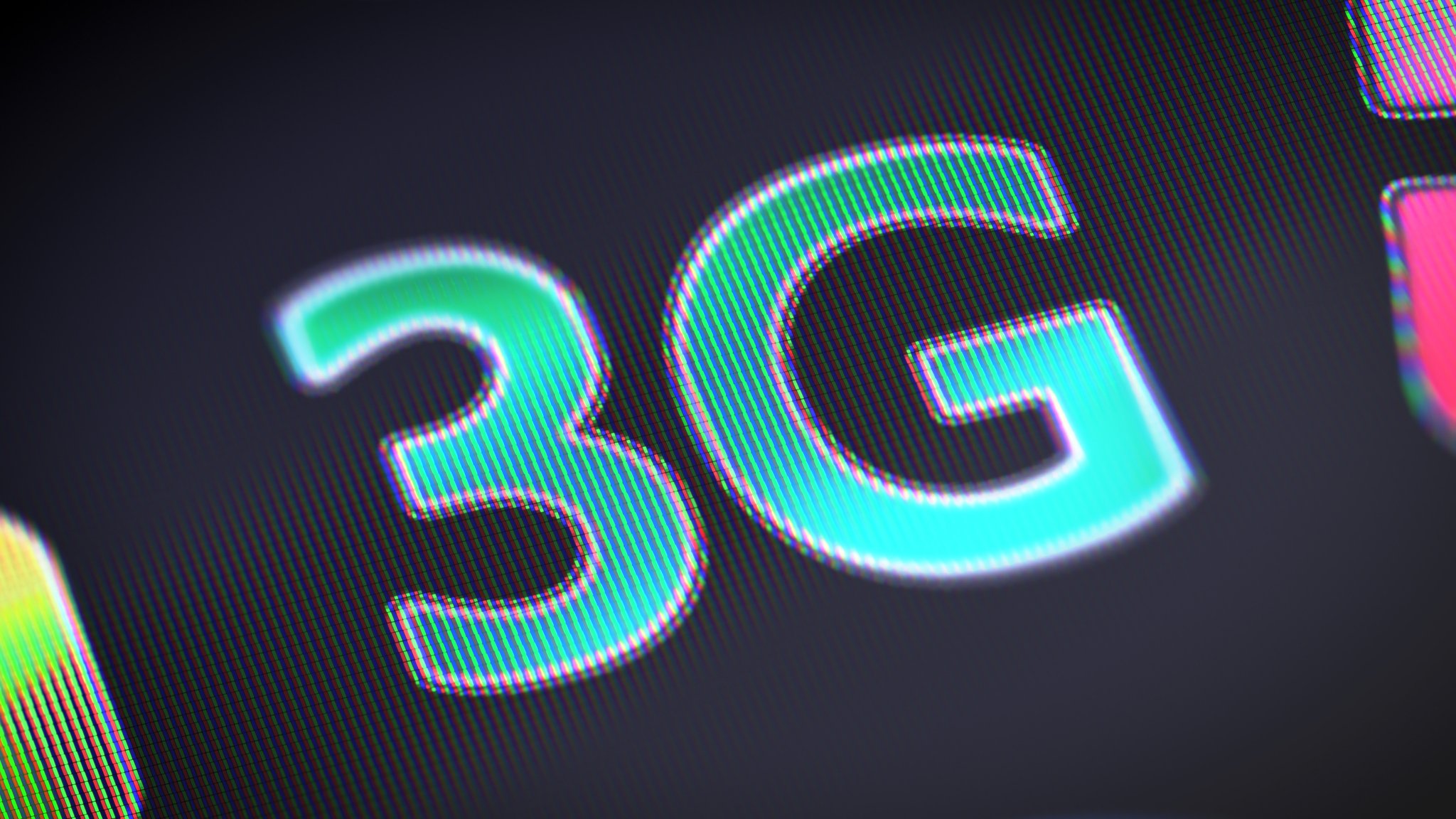Slower 2G and 3G mobile services to be phased out by 2033

Older 2G and 3G mobile services will be phased out by 2033 at the latest as part of the UK government’s plans to improve access to faster 5G and 6G networks.
Major mobile operators including EE, Three and O2 have agreed to shut off legacy services within 12 years in a move that will benefit consumers, businesses and telecoms equipment providers.
Currently, the latter have to support older technologies, which limits the pool of suppliers capable of delivering mobile broadband.
This has become more of a problem since Huawei was banned from providing new equipment last year.
Culture Secretary Nadine Dorries said that phasing out 2G and 3G is a major net positive for the country, especially considering that 5G is already “revolutionising people’s lives”.
While the transition is good news for the industry, Assembly Research founder Matthew Howett said that it was important that consumers who may still have older devices are not left behind.
The lengthy phasing-out period should give enough time for those with only 2G and 3G-enabled handsets to upgrade, though BT-owned EE has said that 3G services could end by as early 2023.
However, Mobile UK’s Hamish MacLeod believes that the time is right to transition to faster networks due to the benefits it will bring.
“Switching off 2G and 3G will enable operators to transition fully to more energy-efficient and high capacity networks to the benefit of customers,” he said.
Dorries also confirmed that an additional £50m will be invested to improve mobile connectivity and secure key networks in the coming years.
